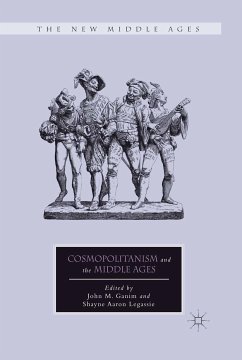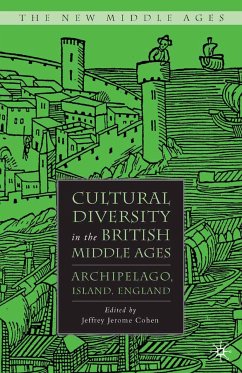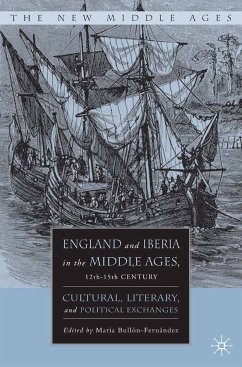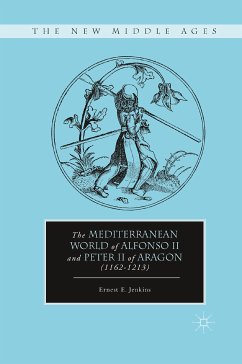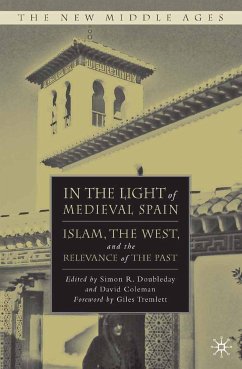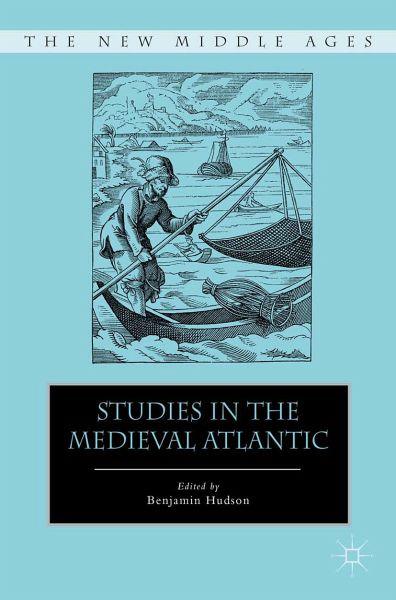
Studies in the Medieval Atlantic (eBook, PDF)
Versandkostenfrei!
Sofort per Download lieferbar
40,95 €
inkl. MwSt.
Weitere Ausgaben:

PAYBACK Punkte
20 °P sammeln!
This collection of essays offers fresh analysis of topics in the exciting area of Atlantic World studies. Challenging standard assumptions, the essays advance the argument that the Atlantic Ocean was a region that encompassed ethnic and political boundaries, in which a sub-community shaped by culture and commerce arose.
Dieser Download kann aus rechtlichen Gründen nur mit Rechnungsadresse in A, B, BG, CY, CZ, D, DK, EW, E, FIN, F, GR, HR, H, IRL, I, LT, L, LR, M, NL, PL, P, R, S, SLO, SK ausgeliefert werden.





